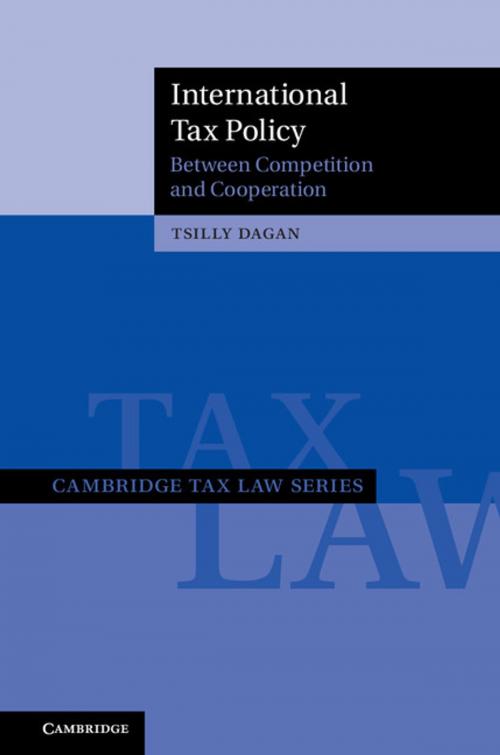International Tax Policy
Between Competition and Cooperation
Nonfiction, Reference & Language, Law, Taxation, Business & Finance| Author: | Tsilly Dagan | ISBN: | 9781108547161 |
| Publisher: | Cambridge University Press | Publication: | December 14, 2017 |
| Imprint: | Cambridge University Press | Language: | English |
| Author: | Tsilly Dagan |
| ISBN: | 9781108547161 |
| Publisher: | Cambridge University Press |
| Publication: | December 14, 2017 |
| Imprint: | Cambridge University Press |
| Language: | English |
Bringing a unique voice to international taxation, this book argues against the conventional support of multilateral co-operation in favour of structured competition as a way to promote both justice and efficiency in international tax policy. Tsilly Dagan analyses international taxation as a decentralised market, where governments have increasingly become strategic actors. While many of the challenges of the current international tax regime derive from this decentralised competitive structure, Dagan argues that curtailing competition through centralisation is not necessarily the answer. Conversely, competition - if properly calibrated and notwithstanding its dubious reputation - is conducive, rather than detrimental, to both efficiency and global justice. International Tax Policy begins with the basic normative goals of income taxation, explaining how competition transforms them and analysing the strategic game states play on the bilateral and multilateral level. It then considers the costs and benefits of co-operation and competition in terms of efficiency and justice.
Bringing a unique voice to international taxation, this book argues against the conventional support of multilateral co-operation in favour of structured competition as a way to promote both justice and efficiency in international tax policy. Tsilly Dagan analyses international taxation as a decentralised market, where governments have increasingly become strategic actors. While many of the challenges of the current international tax regime derive from this decentralised competitive structure, Dagan argues that curtailing competition through centralisation is not necessarily the answer. Conversely, competition - if properly calibrated and notwithstanding its dubious reputation - is conducive, rather than detrimental, to both efficiency and global justice. International Tax Policy begins with the basic normative goals of income taxation, explaining how competition transforms them and analysing the strategic game states play on the bilateral and multilateral level. It then considers the costs and benefits of co-operation and competition in terms of efficiency and justice.















